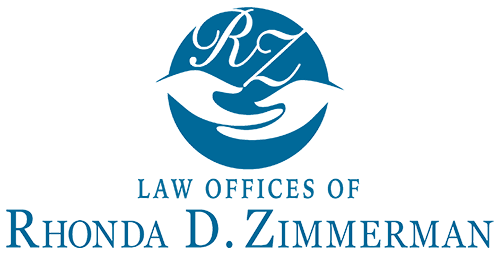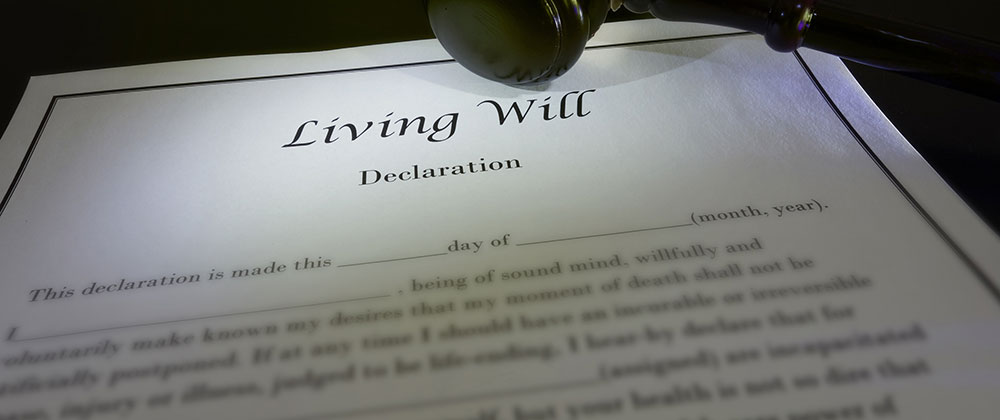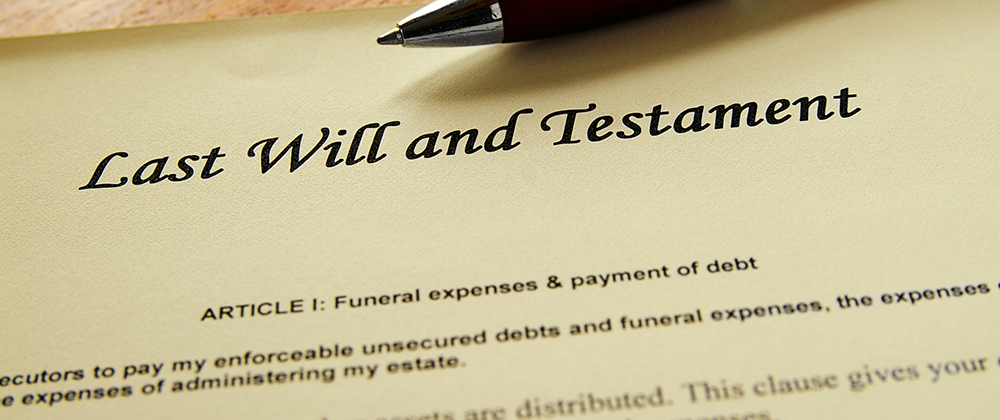Many people in Florida do not have wills. Some people put off creating wills and estate plans because the idea of dying is unpleasant or they think that estate planning is something that can wait until they are older. However, the COVID-19 pandemic has caused many people to re-examine these ideas and to realize that estate planning is something that they should do now. As the coronavirus has caused more than 170,000 deaths in the U.S., it has also made the importance of creating wills and other estate planning documents more apparent. Fort Lauderdale estate planning attorney Rhonda D. Zimmerman, Esq. has helped many area residents with COVID-19 estate planning and can help you to determine which documents you need.
Consequences of Dying Without a Will
When someone dies without a will in Florida, his or her assets will be distributed to his or her heirs through intestate succession. The state’s intestate succession laws control while family members will inherit assets from the estate regardless of what the decedents might have wished. If you die without a will, your assets may be divided between your heirs into shares with which you disagree. Intestate estates are more likely to be challenged in probate court and may take substantially more time. Passing assets without a will also may cause the value of the assets to decrease when they are divided between multiple people. Parents with minor children who die without wills might also have the guardianship of their children decided by a judge instead of being able to choose who will care for them.
Documents for COVID-19 Estate Planning
A will is a foundational document for an estate plan. Writing a will allows you to decide how your assets will be distributed and to designate a trusted person to care for your children if you pass away. When you write a will under the guidance of Fort Lauderdale estate planning attorney Rhonda D. Zimmerman, Esq., it is much likelier to withstand challenges that might be filed in court.
While a will can provide you with peace of mind that your loved ones will be provided for if you die, other documents may also be important for COVID-19 estate planning. If you are incapacitated by the virus or another illness or injury, certain documents can be critical. Living wills, health care surrogates, and financial and health care durable powers of attorney can allow you to control the types of end-of-life medical care that you will receive and to designate a trusted person to make medical and financial decisions for you.
While thinking about becoming incapacitated or dying is unpleasant, estate planning is a necessary task for most people. Fort Lauderdale estate planning attorney Rhonda D. Zimmerman, Esq. can help you to determine the types of documents that you need to achieve your estate planning goals. Contact us today to schedule a consultation by calling the Law Offices of Rhonda D. Zimmerman, Esq. at 954.567.1060.




